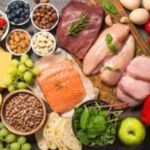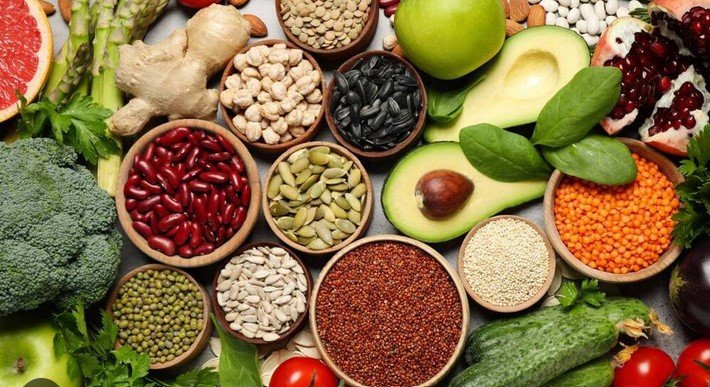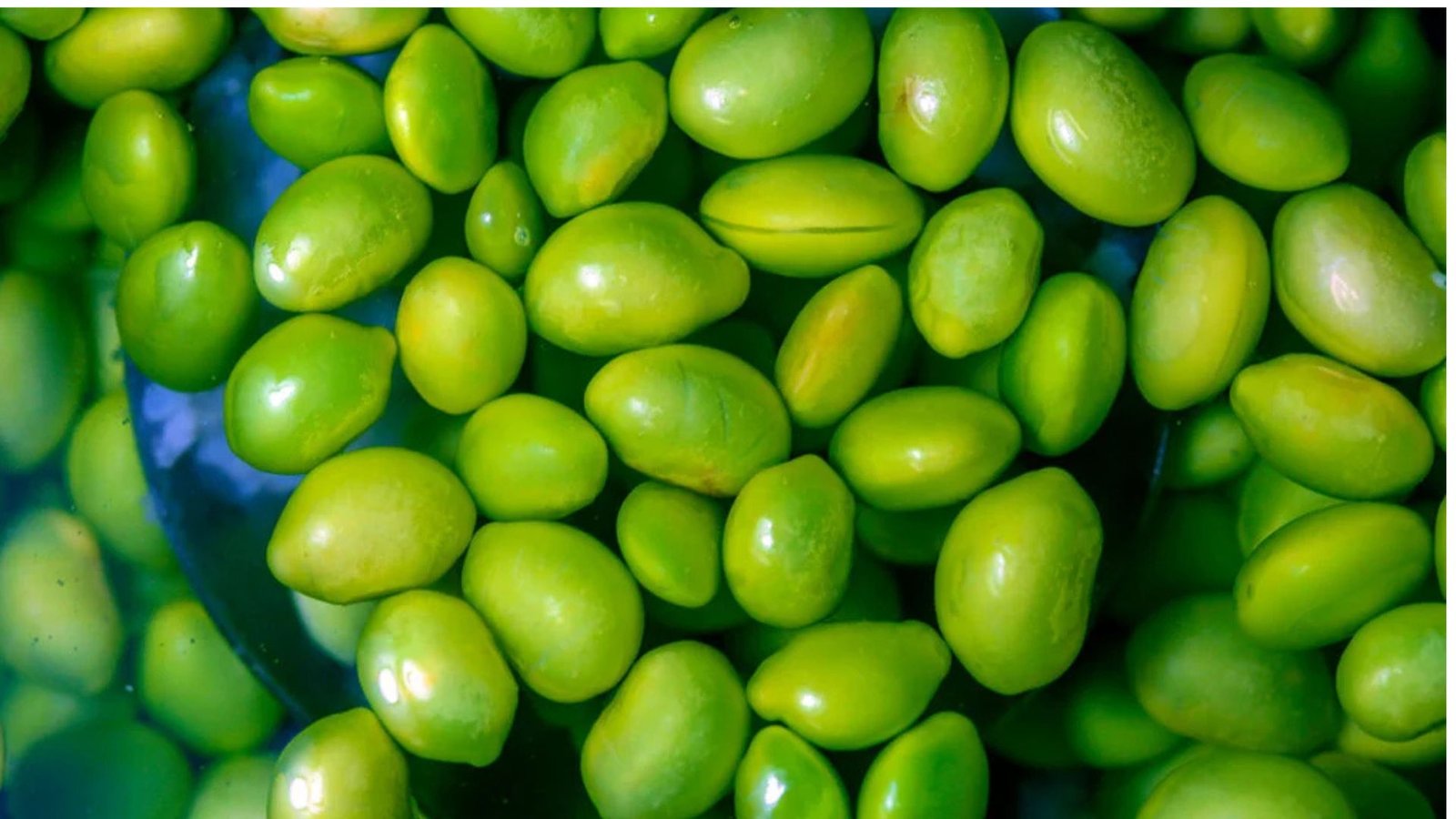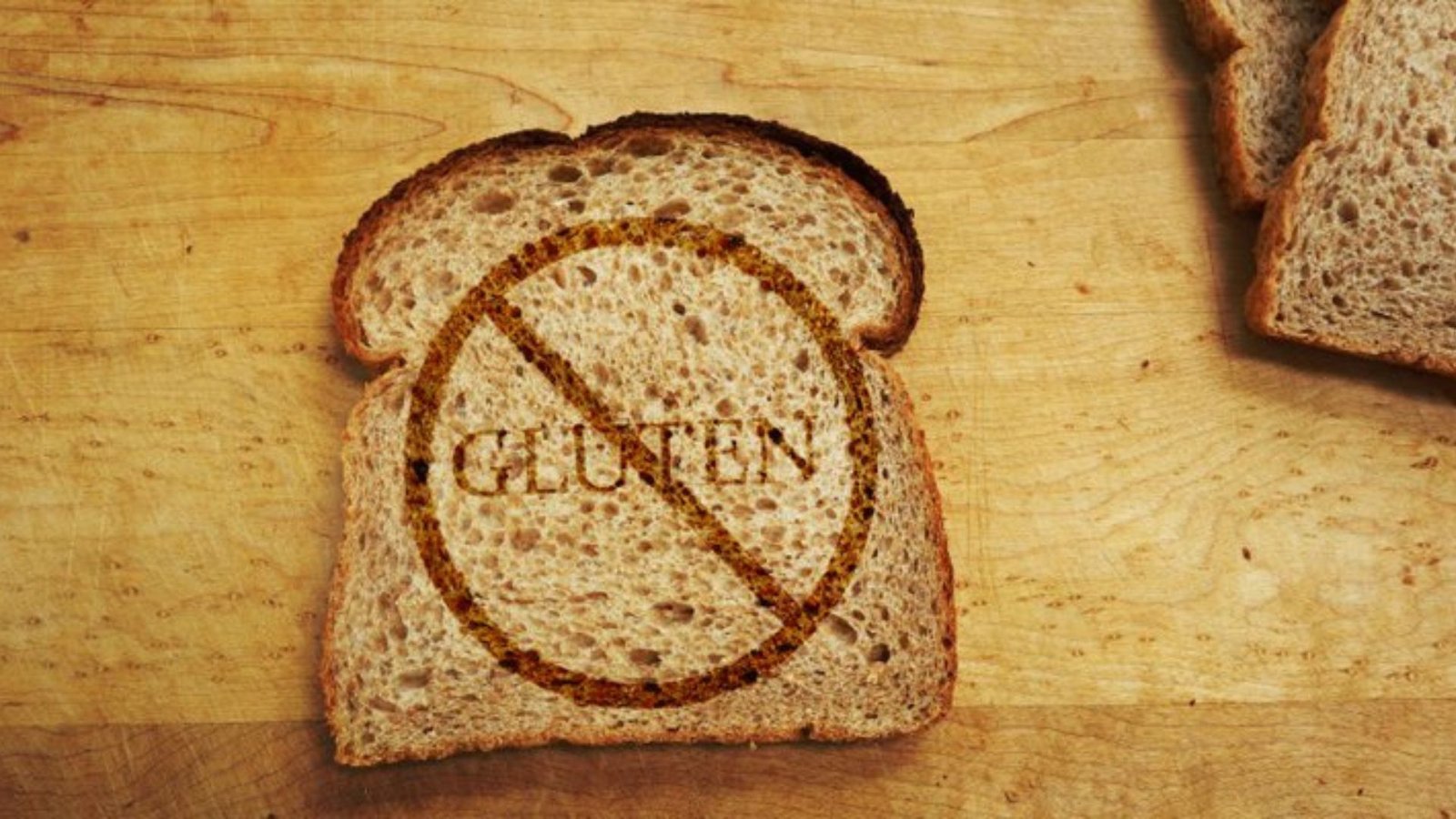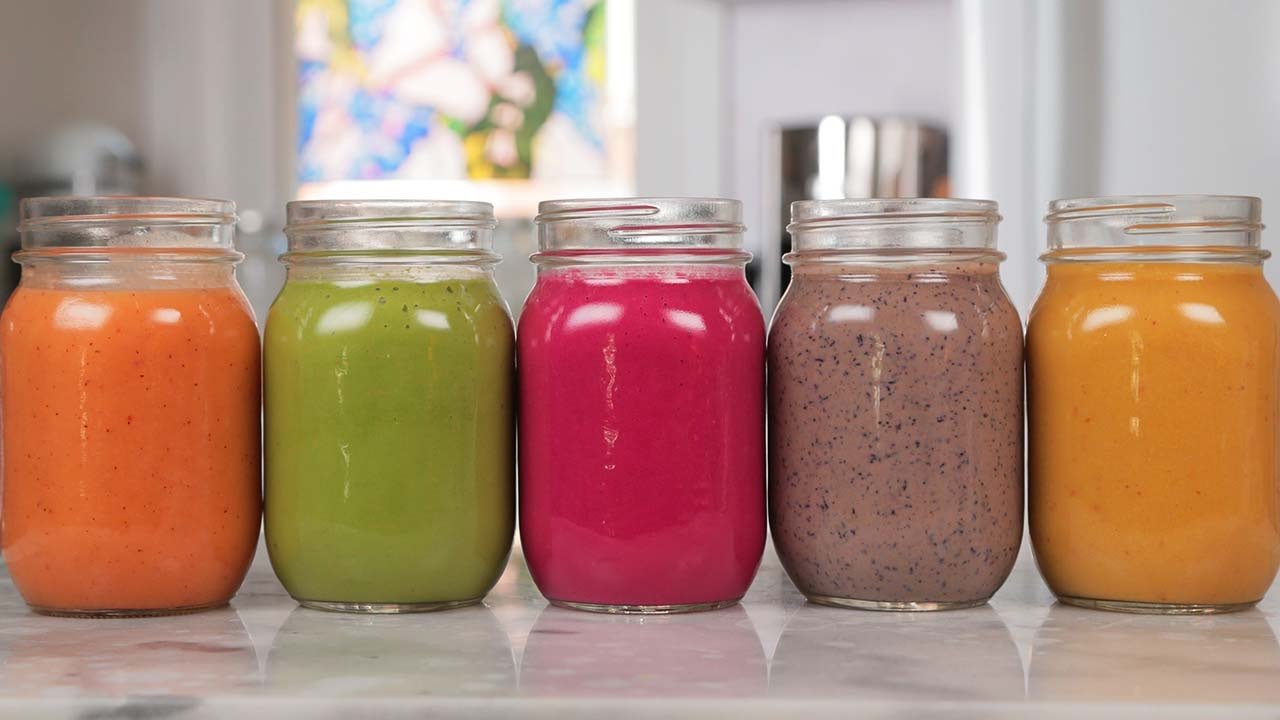In today’s world, we’re constantly bombarded with information about what is and isn’t healthy to eat. From social media to health blogs, misinformation about food can easily spread. In this post, we’ll debunk some of the most common healthy food myths, helping you make informed choices about your diet.

1. Myth: All Fat is Bad for You
One of the most pervasive myths about healthy eating is that all fat is harmful. In reality, your body needs certain types of fats to function properly. Healthy fats, such as those found in avocados, nuts, seeds, and olive oil, play a crucial role in brain function, hormone production, and heart health. It’s important to distinguish between healthy fats and unhealthy trans fats or excessive saturated fats found in processed foods. Moderation and the right type of fat are key to a healthy diet.
2. Myth: Carbs Cause Weight Gain
Carbohydrates often get a bad reputation, with many people believing that they automatically lead to weight gain. However, not all carbs are created equal. Whole grains, fruits, and vegetables are excellent sources of healthy carbs that provide essential fiber, vitamins, and minerals. The problem lies in refined carbs like white bread, sugary cereals, and processed snacks, which can lead to spikes in blood sugar and contribute to weight gain. Choosing whole, unprocessed carbs over refined ones can help maintain a balanced and healthy diet.
3. Myth: Gluten-Free Foods Are Always Healthier
Many people believe that gluten-free foods are inherently healthier than their gluten-containing counterparts. While a gluten-free diet is essential for those with celiac disease or gluten sensitivity, for most people, gluten isn’t harmful. In fact, gluten-free processed foods often contain higher levels of sugar, fat, and refined carbs to make up for the loss of texture and flavor. Instead of focusing on gluten-free products, prioritize whole, nutrient-dense foods, regardless of whether they contain gluten or not.
4. Myth: Eating Late at Night Leads to Weight Gain
There’s a common belief that eating late at night leads to weight gain, but this is not entirely true. What matters more than the time of day is the overall quality and quantity of food you eat throughout the day. If you eat a large, high-calorie meal right before bed, it may contribute to weight gain, but a balanced, healthy snack in the evening is unlikely to have the same effect. It’s important to listen to your body’s hunger cues and focus on portion control rather than the timing of your meals.
5. Myth: All Juices Are Healthy
Juices, especially those marketed as “healthy,” are often seen as a good alternative to sugary sodas. However, many store-bought juices are high in sugar and low in fiber, making them less healthy than they appear. Even 100% fruit juices can cause a spike in blood sugar levels, similar to sugary drinks. Whole fruits are always a better choice since they contain fiber, which helps regulate blood sugar. If you do drink juice, try to limit your intake and opt for freshly squeezed juice without added sugar.
6. Myth: A “Low-Fat” Label Means Healthy
Just because a product is labeled “low-fat” doesn’t mean it’s healthy. Many low-fat products compensate for the lack of fat with added sugars, preservatives, and artificial flavorings to maintain taste. This can make low-fat foods just as unhealthy, if not more, than their full-fat counterparts. When choosing foods, focus on whole, minimally processed items, and look for products that are low in added sugars, regardless of their fat content.
7. Myth: Vegan or Plant-Based Diets Are Always Healthier
While plant-based diets can be very healthy, they aren’t automatically the healthiest choice for everyone. It’s possible to eat a plant-based diet that is high in processed foods, sugars, and unhealthy fats. Vegan junk food is still junk food. For a vegan or plant-based diet to be truly healthy, it must include a variety of whole foods like vegetables, fruits, whole grains, nuts, seeds, and legumes, rather than relying on processed meat substitutes and refined foods.
8. Myth: Detox Diets Are Necessary for Cleansing Your Body
Detox diets are often promoted as a way to “cleanse” your body and remove toxins. However, your body is naturally equipped with organs like the liver and kidneys that effectively detoxify and eliminate waste without the need for special diets. Many detox diets are restrictive and may deprive your body of essential nutrients. Instead of focusing on short-term cleanses, focus on a balanced, nutrient-rich diet to support your body’s natural detoxification process.
9. Myth: Eating Organic Means Eating Healthier
While organic foods are free from synthetic pesticides and fertilizers, they don’t automatically mean they’re healthier. Organic foods can still be high in sugar, fat, and calories, and they aren’t always more nutritious than conventionally grown foods. Organic produce may contain fewer pesticide residues, but both organic and non-organic fruits and vegetables provide essential vitamins and minerals that contribute to a healthy diet. When possible, prioritize whole foods—whether organic or conventional—over processed options.
10. Myth: “Natural” Foods Are Always Healthy
The term “natural” is often used on food packaging, but it doesn’t necessarily mean the food is healthy. “Natural” is an unregulated term in the food industry and can be used to describe a wide range of products, many of which are high in added sugars, unhealthy fats, or artificial additives. Always check the ingredient list and nutritional information on food labels, rather than relying on buzzwords like “natural” or “all-natural.”
Guilt-Free Indulgence: Exploring No-Deposit Options
Just as we celebrate clean ingredients and mindful choices in food, it’s also nice to find ways to enjoy entertainment without overcommitting. Platforms like au.crazyvegas.com new online casinos with no deposit bonuses offer a way to experience excitement without the pressure of an upfront deposit. Think of it like trying a healthy snack sample—fun, satisfying, and totally risk-free.
Conclusion
The world of nutrition is full of myths and misconceptions, but understanding the truth behind these common food myths can help you make better choices for your health. Remember that no single food can make or break your diet. Focus on balanced meals that include whole, nutrient-dense foods, and always aim for moderation rather than extremes. By debunking these myths, you can improve your relationship with food and make more informed, healthy decisions.

